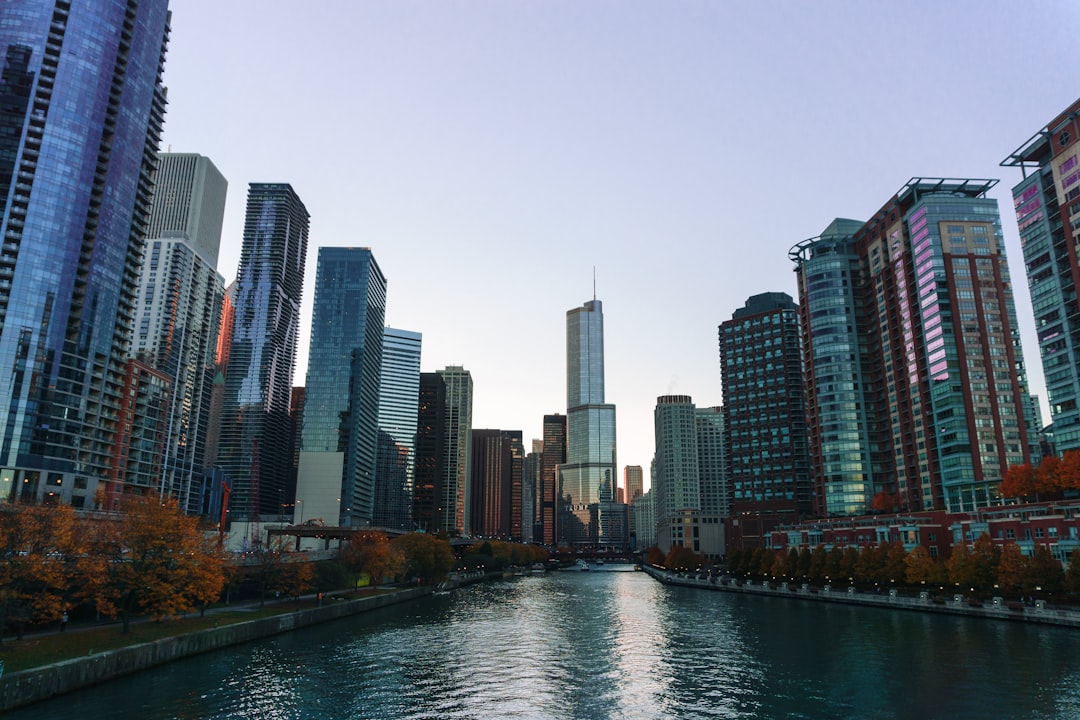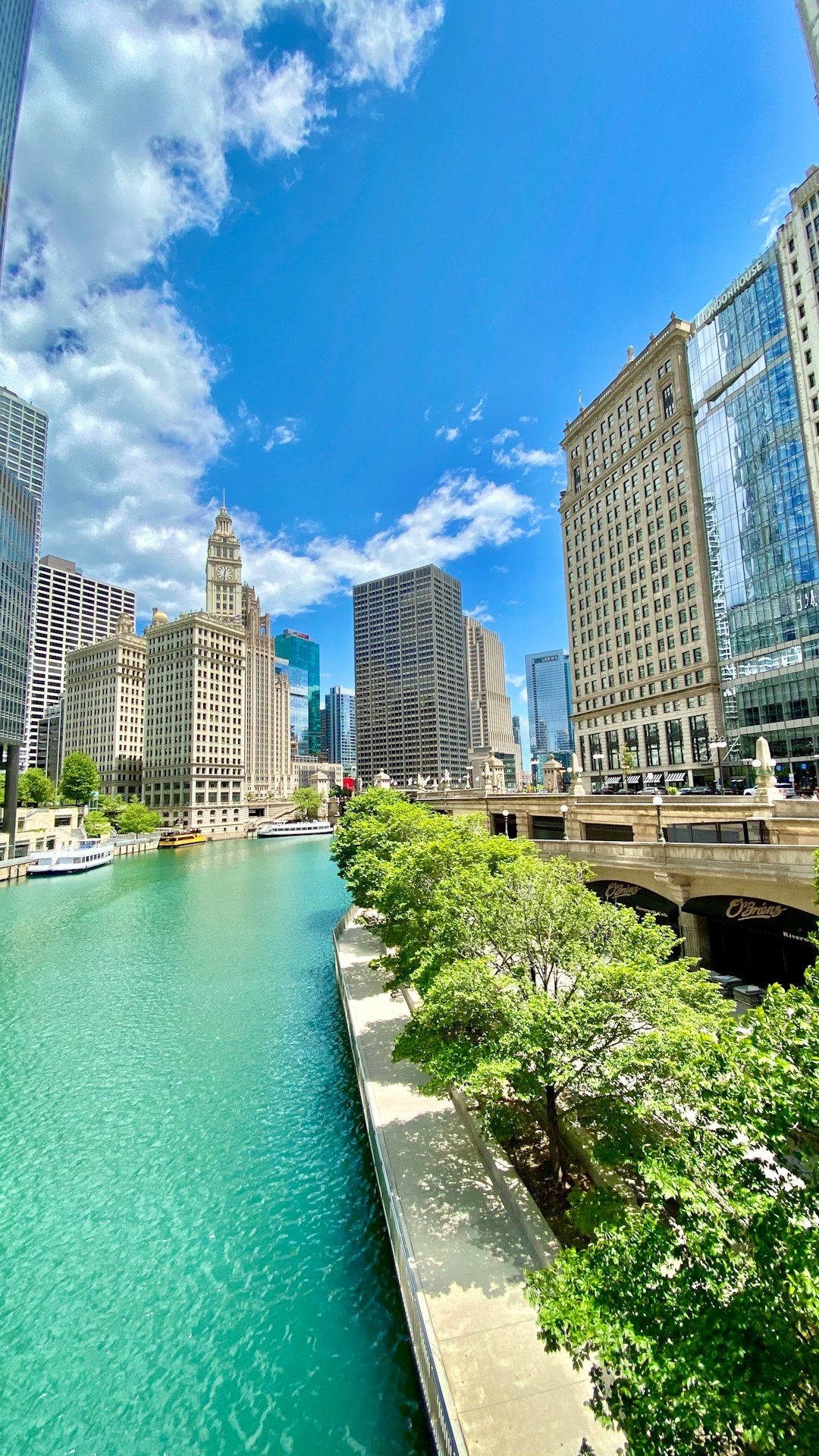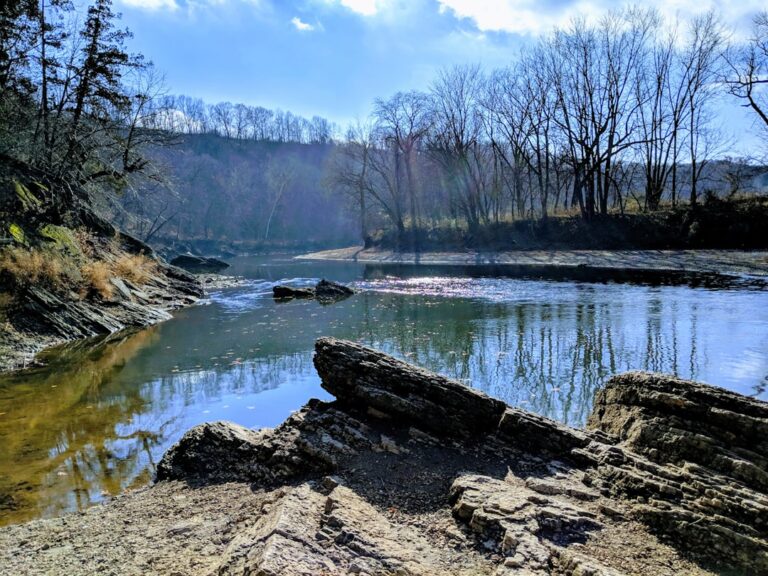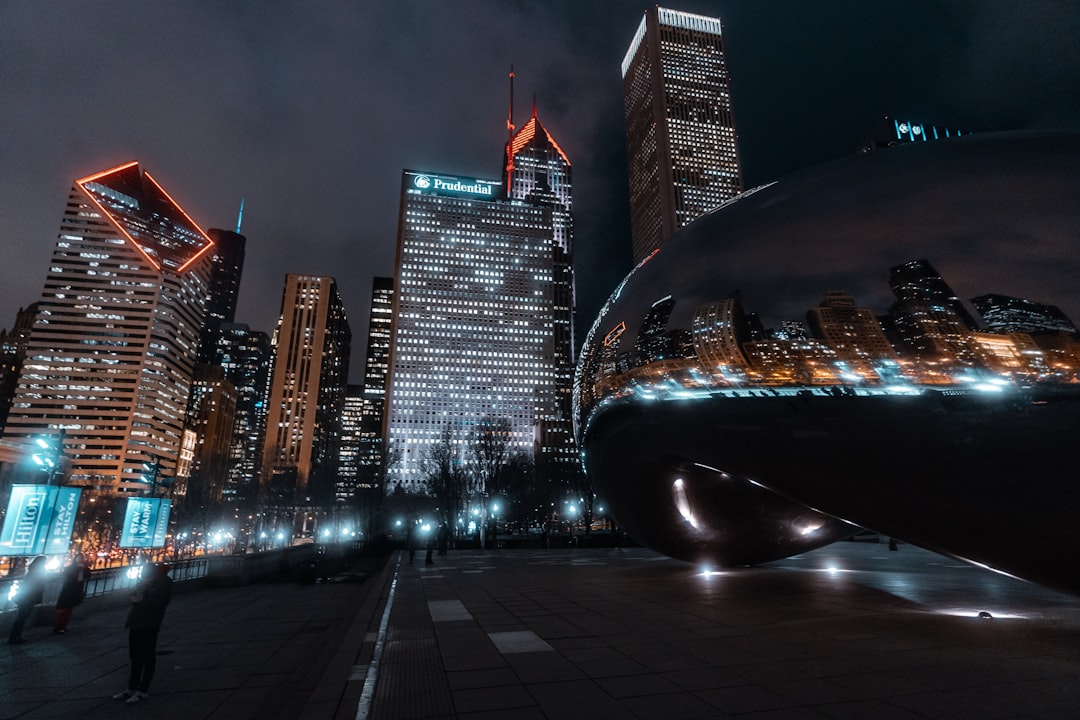In Illinois, elderly sexual assault lawyers play a vital role in addressing complex systemic barriers faced by victims due to intersectional factors like race, gender, age, and disability. They must provide tailored justice, challenging societal biases, physical/cognitive limitations, and lack of support services to ensure healing and justice for vulnerable seniors. Specialized representation is crucial as cases involve sensitive crimes and unique victim vulnerabilities.
In Illinois, intersectionality plays a profound role in elderly sexual assault cases, compounding legal challenges faced by victims. This complex web of factors, including age, gender, race, and socioeconomic status, influences outcomes in ways that often go unnoticed. Understanding these intersections is crucial for lawyers advocating on behalf of elderly victims. This article explores these nuances, from legal hurdles to effective representation strategies, with a focus on empowering elderly sexual assault survivors through knowledgeable, compassionate legal advocacy.
Key topics include the unique challenges faced by Illinois elderly victims and innovative approaches to secure justice.
Understanding Intersectionality in Elderly Assault Cases

In the complex landscape of elderly sexual assault cases, understanding intersectionality is crucial. This concept recognizes that individuals experience discrimination and marginalization in multiple, often interconnected, ways based on their race, gender, socioeconomic status, disability, and age. In Illinois, where an increasing number of elderly residents face sexual violence, it’s essential for legal professionals to comprehend these intersecting identities. An elderly sexual assault lawyer in Illinois must consider how systemic barriers and biases might affect their client’s case, from the initial reporting process to the trial phase.
Intersectionality highlights that elderly victims—especially those from diverse backgrounds—may encounter compounded challenges. For instance, a Black or Hispanic elderly woman might face cultural stereotypes and ageism, making it harder for her to be believed when reporting an assault. Similarly, individuals with disabilities may encounter physical barriers in emergency response systems and legal settings. Legal advocates must be equipped to navigate these complexities, ensuring that their clients receive justice and support tailored to their unique needs.
Legal Challenges Facing Illinois Elderly Victims

Many elderly victims of sexual assault in Illinois face significant legal challenges due to the complex interplay of age, vulnerability, and societal perceptions. Often, these individuals are reluctant to come forward, fearing stigma, shame, or even disbelief from authorities. This reluctance can delay critical legal actions, such as filing criminal charges or seeking civil damages.
The barriers don’t end there. Elderly victims may struggle with physical and cognitive limitations that hinder their ability to provide detailed testimony in court. Moreover, the lack of specialized support services tailored for elderly survivors adds complexity. Many elderly sexual assault cases in Illinois require an experienced elderly sexual assault lawyer who understands these nuances and can navigate the legal system effectively on behalf of their vulnerable clients.
Uncovering Complex Factors in Sexual Assault Trials

Uncovering the complex factors that intertwine in elderly sexual assault cases is a delicate yet imperative task for any lawyer in Illinois. These trials often present unique challenges due to the sensitive nature of the crime and the specific vulnerabilities of the victim population. Factors such as cognitive decline, physical limitations, and social isolation can significantly impact an elderly person’s ability to report and navigate the legal process.
An experienced elderly sexual assault lawyer in Illinois must consider these complexities, ensuring a comprehensive understanding of the case. This includes delving into medical records, evaluating psychological assessments, and exploring the victim’s support systems or lack thereof. By addressing these nuanced aspects, lawyers can provide robust representation tailored to the client’s unique circumstances, aiming for justice and healing in what is often a profound and traumatic experience.
Strategies for Effective Representation: An Elderly Case Study

In Illinois, where elderly sexual assault cases are on the rise, effective representation demands a nuanced approach that considers intersectionality. An elderly sexual assault lawyer in Illinois must navigate complex challenges faced by older victims who often experience physical and cognitive limitations, as well as societal biases. Strategies for successful representation include fostering an environment of safety and trust, utilizing specialized legal knowledge to address unique vulnerabilities, and advocating for resources tailored to the elderly population.
Case studies demonstrate that employing a holistic approach can yield positive outcomes. For instance, lawyers can collaborate with geriatric specialists, social workers, and mental health professionals to provide comprehensive support. This collaborative effort ensures that legal proceedings are less traumatic and more accessible to elderly clients. By integrating these strategies, elderly sexual assault lawyers in Illinois can effectively challenge systemic barriers and advocate for justice in cases involving vulnerable seniors.
Advocating for Justice: Overcoming Systemic Barriers

In Illinois, advocating for justice in elderly sexual assault cases often means navigating complex systemic barriers that require dedicated legal expertise. Elderly victims face unique challenges, including cognitive impairments, physical vulnerabilities, and societal stereotypes that can undermine their ability to report assaults and pursue legal redress. An experienced elderly sexual assault lawyer in Illinois plays a pivotal role in overcoming these hurdles by providing specialized support tailored to the victim’s needs.
They combat systemic barriers through strategic legal maneuvers, such as ensuring proper documentation, advocating for accommodations during proceedings, and educating both the legal system and potential jurors about the complexities of elderly victims’ experiences. By fostering a culture of understanding and empathy, these lawyers empower their clients to find justice and healing in a process that can be overwhelming and intimidating.




